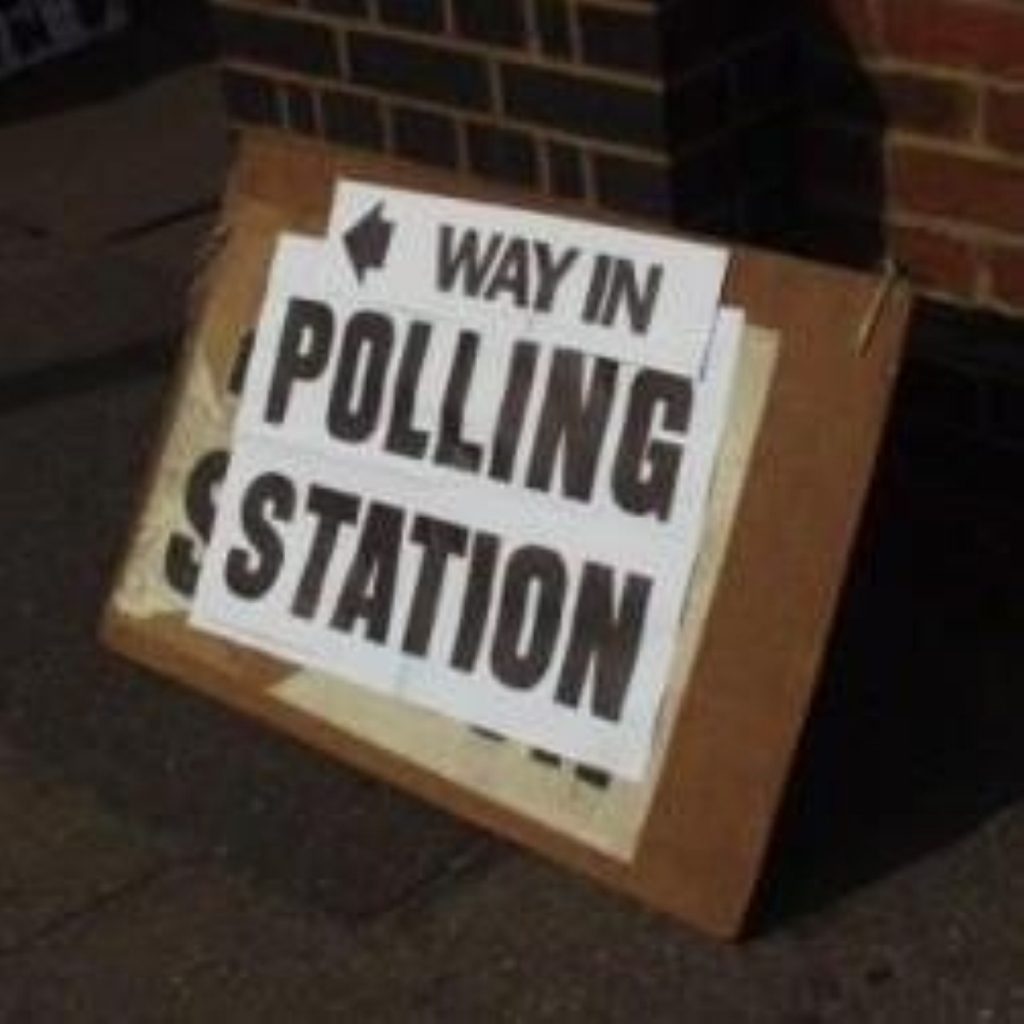Voting reform campaign gathers pace
By Alex Stevenson
A campaign to force a referendum on electoral reform is growing in strength, as calls for voters to have their say on how to change Britain’s politics intensify.
The ‘Vote For A Change’ initiative wants a system of proportional representation to be introduced whose exact form would be decided by a 200-strong ‘citizens’ assembly’.
Adverts are appearing in the New Statesman, the Observer and the Guardian today in a bid to harness public frustration about MPs’ systematic abuse of their allowances.


Willie Sullivan, an organiser of the campaign, said its purpose was to reflect the “anger” members of the public feel.
“We have to convince the wider population that the issue of electoral reform is about how we tackle the problems that have been exposed by the expenses scandal,” he told politics.co.uk.
“So if we can get a popular movement on this that is going to convince ultimately the prime minister and the government that there needs to be a referendum bill.”
The campaign has already attracted wide support from public figures. Musicians Damon Albarn and Brian Eno, comedian Mark Thomas, author Philip Pullman and broadcaster Stephen Fry have backed it.
From the world of politics, supporters include Electoral Reform Society director Ken Ritchie, National Union of Students president Wes Streeting and journalist Polly Toynbee.
Mr Sullivan pointed out a citizens’ jury had been tried successfully in New Zealand and British Colombia and that a similar model had been designed, but never implemented, for citizenship issues in Britain.
“The process for setting up the citizens’ jury is there and ready to go,” he added.
“It’s a similar selection process for jury in a trial. You want some people who are fair and representative. You take all their evidence and come up with a suggestion.”
The government has promised to establish a national democratic renewal council to coordinate its response to the constitutional crisis triggered by the expenses revelations.
And No 10 indicated this week the constitutional renewal bill, including reforms of the system for MPs’ allowances, the proposed parliamentary standards authority and a new code of conduct for MPs, would become law by the autumn.
There were no plans announced for electoral reform of the kind sought by Vote For A Change, however.
Mr Sullivan insisted such reforms were necessary to address the problem of Britain’s “steam-age politics in a digital age”.
“People are starting to see when things go wrong. they realise they have no power,” he said.
“They want to do something – we want to give them an idea about what to do.”

